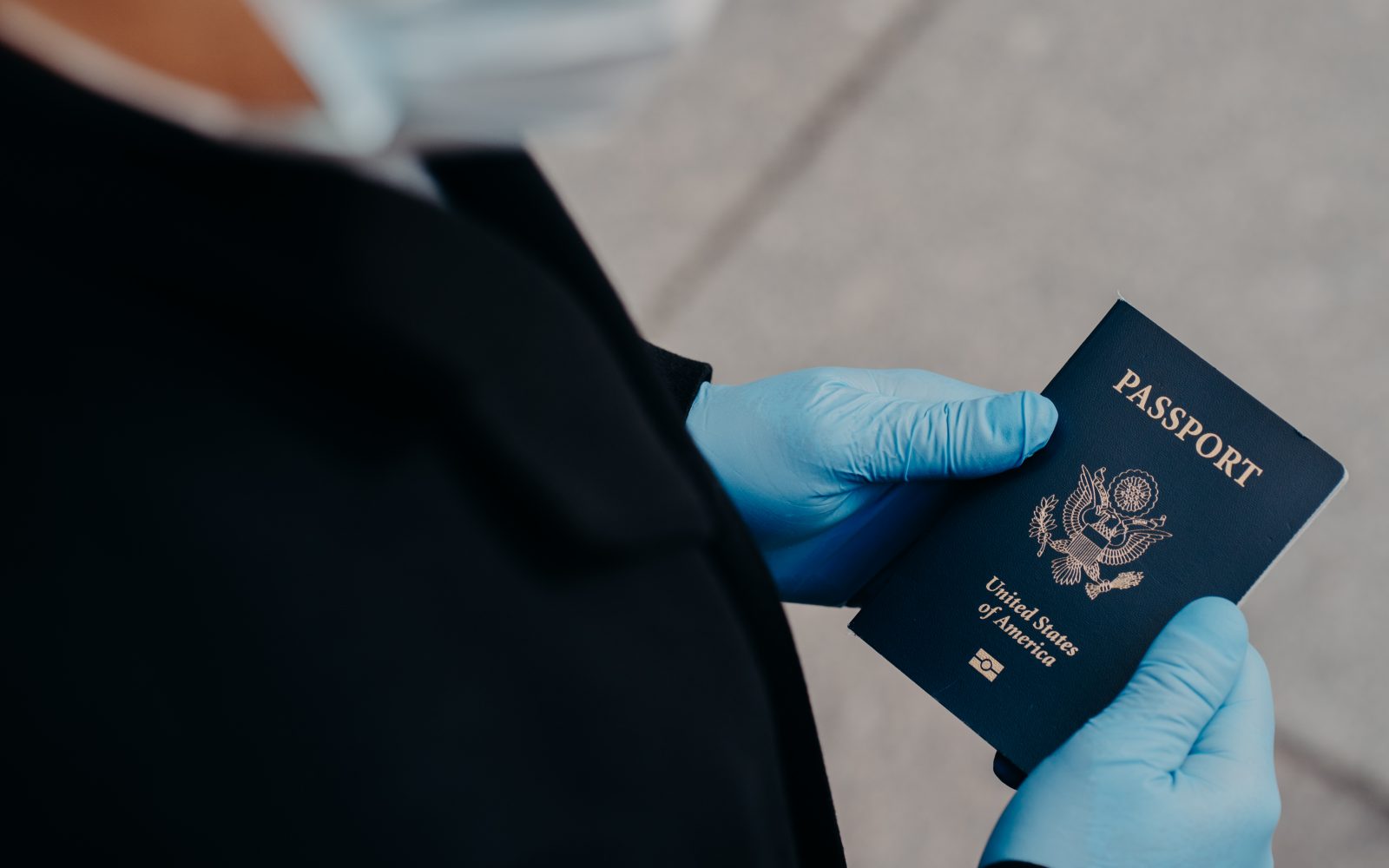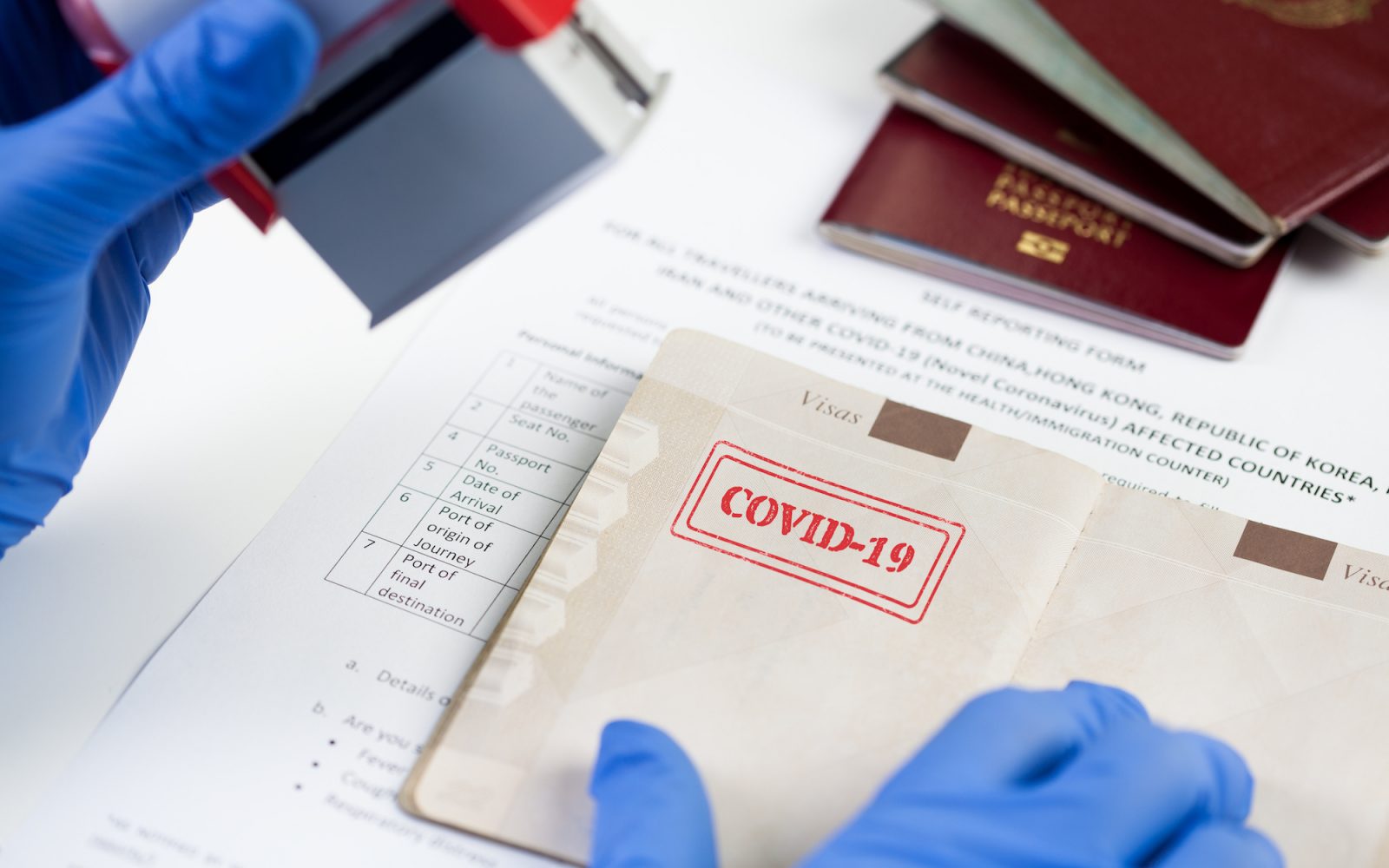by Reginald Perry, Client Services Manager
Since I wrote my original article, Best Practices for arranging US customs, the world as we know it has completely changed. With respect to entry to the United States, the aviation and private jet industry has been hit with unprecedented changes to requirements and procedures, which I believe justifies a revisiting to this topic. Here are some best practices to help ensure a smooth US customs entry process for both crew and passengers during COVID-19.
Background
Back in January, US President Donald Trump enacted a series of Presidential Proclamations, which restricted the entry of Foreign Nationals into the United States if they had been present in certain countries within the preceding 14 days. In subsequent months, this list of countries was expanded to include the Schengen area of the European Union, the United Kingdom, and Ireland, as well as China, Iran, and Brazil. This has severely limited the ability to travel to the United States for many individuals. Additionally, the process of arranging customs has become a lot more involved than prior to the restrictions and has led to several additional considerations for a private jet or aircraft charter operator to take into account during the customs set-up process.
US Entry Restrictions
While there have been several exemptions that have been put in place for individuals who fall under certain categories, in general, most foreign nationals who have been present in a restricted country within the last 14 days are unable to travel to the US. However, as stated there are several exemptions to consider, and if your passengers fall under one or more of these exemptions, then they may be able to travel to the United States. Refer to the US Department of Homeland Security for the latest list of exemptions and restrictions.
For US nationals or US Green Card holders, as well as those individuals who fall under the list of published exemptions who are able to travel, private jet flights continue to be able to operate, however, most flights have faced enhanced clearing and screening measures upon entry to the US, including but not limited to, flights being met by agents from the US Centers for Disease Control, additional interview questions from the customs agents meeting and clearing the flight, as well as all passengers having to submit a health declaration on arrival. In the last few weeks some of these additional measures have been lifted, but many still remain and are enforced on a case by case basis.

Additional information
Be prepared to provide additional information and documentation to customs if requested. For example, if your passenger is a foreign national who is married to a US citizen or US Green card holder, you may be asked to provide that passenger’s marriage certificate to prove validation for entry. In some cases, customs officers may ask for a 14-day travel history of countries that the passengers (or crew in some instances) have visited prior to entry. In addition, some customs officers may even ask for the passenger’s reason for travel to the US. All of this is needed in order to confirm customs prior to travel, so it a good to have the information in advance in order to avoid any delays in processing arrival requests.
Lead time considerations
Given the current restrictions that are in place, the best practice is to send in your arrival request to your intended port of entry as far in advance as allowed by that port. Every port is different in terms of how far in advance they will accept requests, but if you have the information for a flight that is 3-4 days out for example, it doesn’t hurt to call and speak to an officer to see if they will accept the arrival request at that point. If they do, that gives you more time to get the request in to the intended customs port and gather any additional information that is needed well in advance of your flight.
If your passengers are attempting to gain entry via one of the published exemptions, remember to be patient with the customs officers you are working with on the customs setup. They are dealing with enforcing all of the rules, regulations, and exemptions that are in place, not to mention the fact that those same rules and regulations are changing constantly. More time than normal may be needed to process an arrival request. Remember that they have a lot to keep up with on their end, and therefore sometimes this leads to an incorrect misapplication or interpretation of the rules and regulations. It is important for you as the operator to be up to speed with the latest information, as it not only keeps you informed, but also allows you to ensure customs is applying rules correctly for your flight in question.
With respect to the above, if you have applied for a customs arrival, and you feel as though the rules and regulations are not being applied correctly, don’t hesitate to ask to speak to the supervisor on duty or other higher authority, as they will be able to rule on your situation or potential flight. If you have any supporting documentation, make sure you have that handy as well in order to support your case.

Customs operating hours
Due to the global pandemic and drop in demand, several customs ports have seen drastic cuts, major changes, and other reductions to their operations. Some customs ports of entry that were 24/7 previously are no longer, and other ports have seen days or hours of operations cuts as well. Make sure that you double check the operating hours for your intended port of entry well in advance of your flight. Some ports may be offering overtime on a case by case basis, but it is important to qualify this on every set up due to the uncertainty given how everything is constantly changing. Make sure that you take into account any potential delays into your operational thought process, in order to make sure you can still operate to your intended port if there are any schedule changes. Once the flight departs, make sure you are following the progress and ETA closely. I recommend updating the customs officer on duty of your port of entry if your eta differs by more than +/-15 minutes to make sure there aren’t any issues with your arrival.
Conclusion
Hopefully, as the pandemic begins to lessen and the number worldwide coronavirus cases start to drop, the restrictions will in turn begin to reduce as well. There is no doubt that the US travel restrictions have significantly reduced travel and adversely affected the entire aviation industry as a whole, so a reduction in restrictions with an eventual return to normal will be in the best interest for all parties concerned, private jet and aircraft charter operators alike.
Click here for more information about Planet 9 COVID-19 precautions and advisories.
